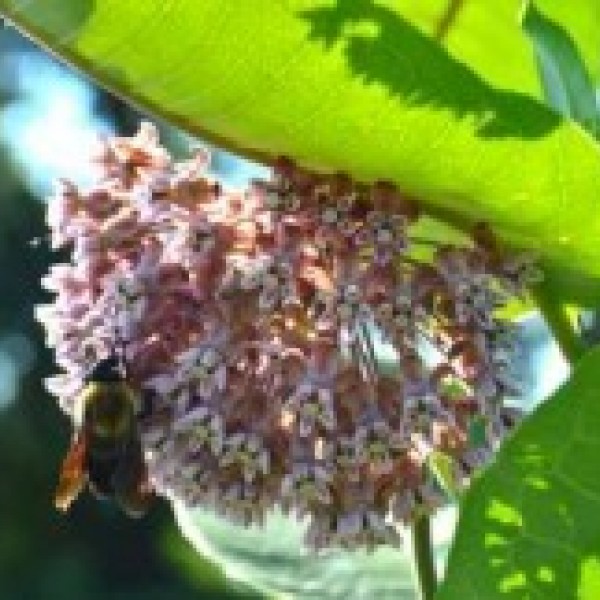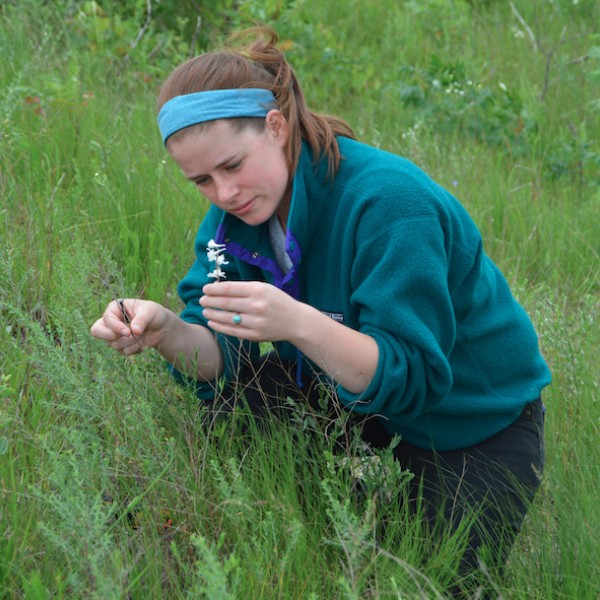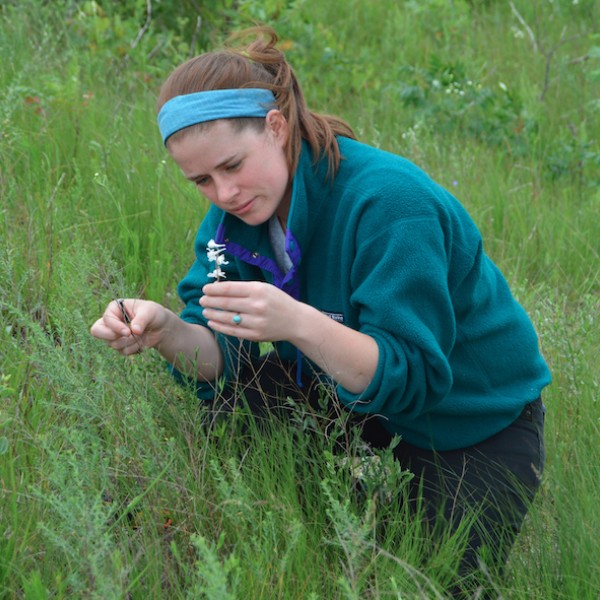
Monarch utilization of milkweed populations along an urbanization gradient 2015
Chicago, IL
Ecology, Reproductive Biology
This research project examines monarch utilization of common milkweed (Asclepias syriaca) populations along an urbanization gradient in and around Chicago, IL. In response to recent dramatic declines in the monarch butterfly population, a large milkweed planting initiative is underway across the nation. Milkweeds (Asclepias spp.) are the obligate host plant of the monarch larval life stage. In addition to rural areas and roadsides, many of these milkweed plantings are occurring within cities, such as the "Milkweeds for Monarchs" initiative in St. Louis, MO. However, urban environments differ considerably from surrounding suburban and rural areas, and may provide sub-optimal habitat for monarchs. To address this question, monarch larva monitoring will be conducted for milkweed populations at varying levels of urbanization (urban, suburban, and rural) throughout the summer.
The intern will also assist on a complementary milkweed project investigating the potential or urban ecotypes. Currently, very little is known about how urban plant populations differ genetically from nearby rural populations in response to elevated temperatures (heat island effect), pollution, altered hydrology, and habitat fragmentation. Increased environmental selection pressure and limited gene flow may result in the evolution of distinct urban ecotypes with higher stress tolerance than rural ecotypes.To examine phenotypic differences in milkweed across this gradient, seed from rural and urban populations was collected in fall 2014, and seedlings will be planted out into common gardens in May 2015. Common gardens are located at an urban farm in southwest Chicago and Midewin National Tallgrass Prairie (Wilmington, IL). Data will be collected on plant performance of common garden plants to assess homesite advantage of rural and urban collections. Research will be based at Chicago Botanic Garden, with field work throughout the greater Chicagoland area.


